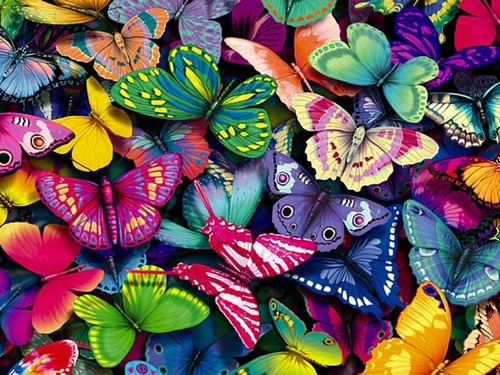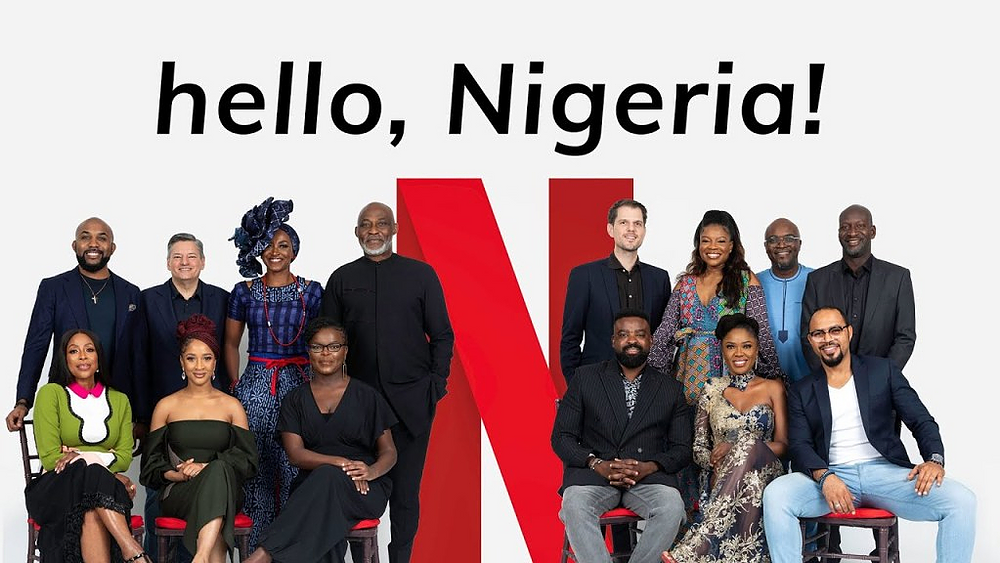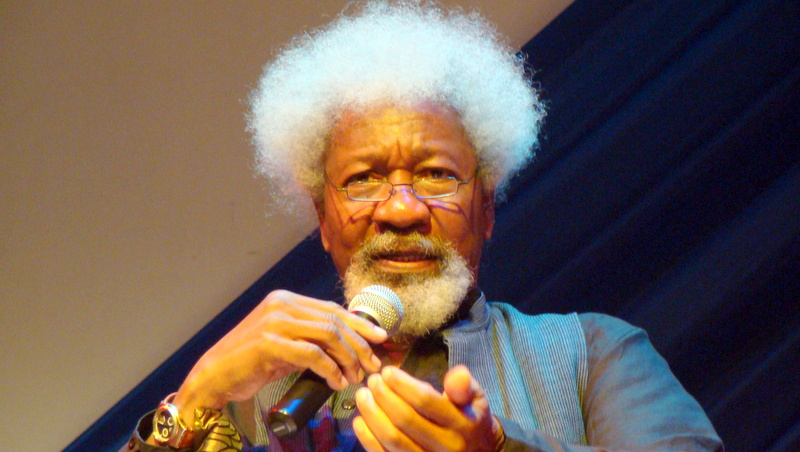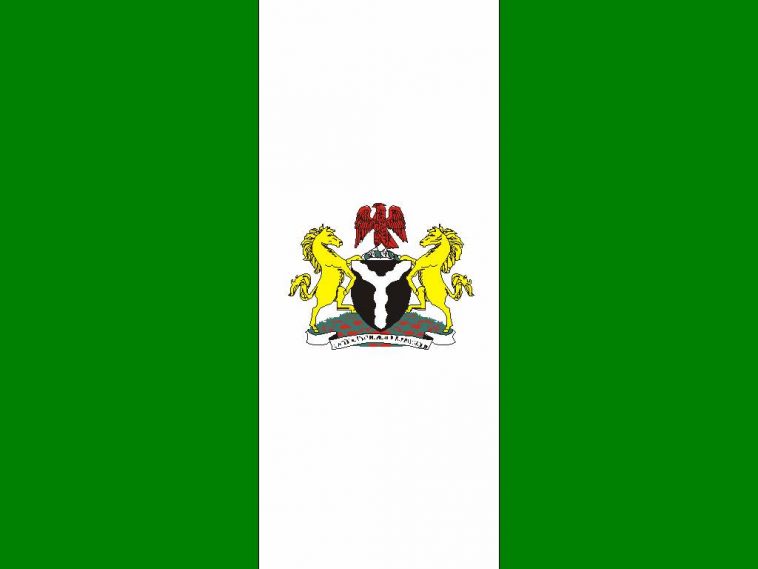12 Amazing Things to Know About Nigeria

Nigeria, often referred to as “Naija” by the high spirited and youthful populace of the country is a federal republic in West Africa. Nigeria shares boundaries with several neighbouring African countries including Niger, Chad, Cameroon and Benin Republic. The federation comprises 36 states and Abuja, the Federal Capital.
Nigeria is the most populous black nation on earth and the fashion, technology and creative hub in Africa. The country is blessed with many natural resources, monuments, artefacts, cultures, traditions, legends and ancient kingdoms over the millennia – the Benin Empire, Kanem Bornu Empire, Kingdom of Nri amongst others. We are inspired by our various historic collections which stir in us, the Nigerian spirit that we boast of today. Enjoy, as we journey you through the flavours of Nigeria; its rich heritage, captivating destinations, outstanding nature and its spectacular people.
Today’s Saturday Small Chops captures 12 amazing things about Nigeria that have been under-told.
Nigeria is home to over 200 million inhabitants. It boasts one of the largest populations of youths and is the seventh most populous country in the world.
Nigeria prides itself on its unrivalled cultural magnificence. A multiethnic state inhabited by over 250 ethnic groups, with Hausa, Igbo, and Yoruba as the three major tribes – over 500 different languages are spoken. These ethnic groups also have diverse cultures, traditions and exhibit unique arts including a rich array of attires, festivals, and cuisines.

Nigeria has one of the world’s largest diversity of butterflies. The country is famous for its exceptional biodiversity and boasts an abundance of fauna and flora. There are currently over 1000 documented species of butterflies with new ones being discovered.
Nigeria is home to Africa’s oldest dye pit, the Kofar Matar Dye Pit located in Kano. The pit dates back to 1498. So far, it has continued to preserve the traditional tye and dye production process used in Northern Nigeria. To date, people continue to apply the old method and skills which are being handed down from one generation another.
Nigeria is the economic heartbeat of Africa. It boasts of the largest economy in Africa and is projected to rank among the world’s top ten economies by 2050.

Nigeria holds the largest natural gas reserves in Africa and ranks as the continent’s largest oil and gas producer.
Read Also: Nigeria
Nigeria houses two outstanding UNESCO World Heritage Sites – the Sukur Cultural Landscape in Adamawa State and the Osun Oshogbo Sacred Grove in Osun State. The Sukur Cultural Landscape is an ancient settlement with a recorded history of iron smelting technology, flourishing trade and strong political institution dating back to the 16th century while the Osun Oshogbo Sacred Groove is an active religious site where worship takes place – in addition to annual festivals done to re-establish the bond between the goddess and the indigenous people of the town.

Nigeria is home to the second-largest film industry, Nollywood and pioneer of Afrobeats music. Nigerian music has so far played vital roles in shaping Africa’s music scene as seen in the astounding performances and feats achieved by contemporary artists like Burna Boy, Wizkid, Davido, Tiwa Savage, Yemi Alade and more.

Nigeria is home to Africa’s first Nobel Laureate, Professor Wole Soyinka. Wole Soyinka is a playwright, novelist, poet and essayist from Abeokuta, Ogun State, Nigeria. He received the 1986 Nobel Prize in Literature and was the first African to be honoured in that category.
Google Arts and Culture mentioned that Nigerians fuel artistic expressions through art. From the Benin Kingdom to the display of contemporary art, Nigerian artists are unmatched all over the world. Some pioneers of contemporary arts in Nigeria include Nike Davis-Okundaye, Bruce Onobrakpeya, Ben Enwonwu and Erhabor Ogieva Emokpae.
Around the world, Nigerians are unrivalled, intelligent, hardworking and enthusiastic, which is complemented with a friendly and welcoming spirit.

The Nigerian flag symbolizes the country’s abundance of natural wealth and peace. The flag – designed green and white by Michael Taiwo Akinkunmi in 1959 was officially adopted on the 1st of October 1960.
What made you proud to be a Nigerian recently?
